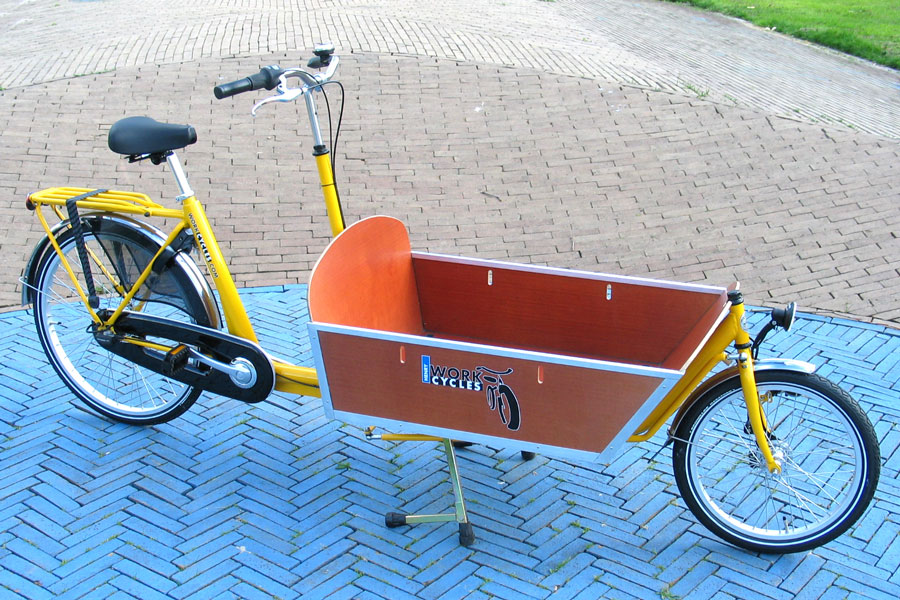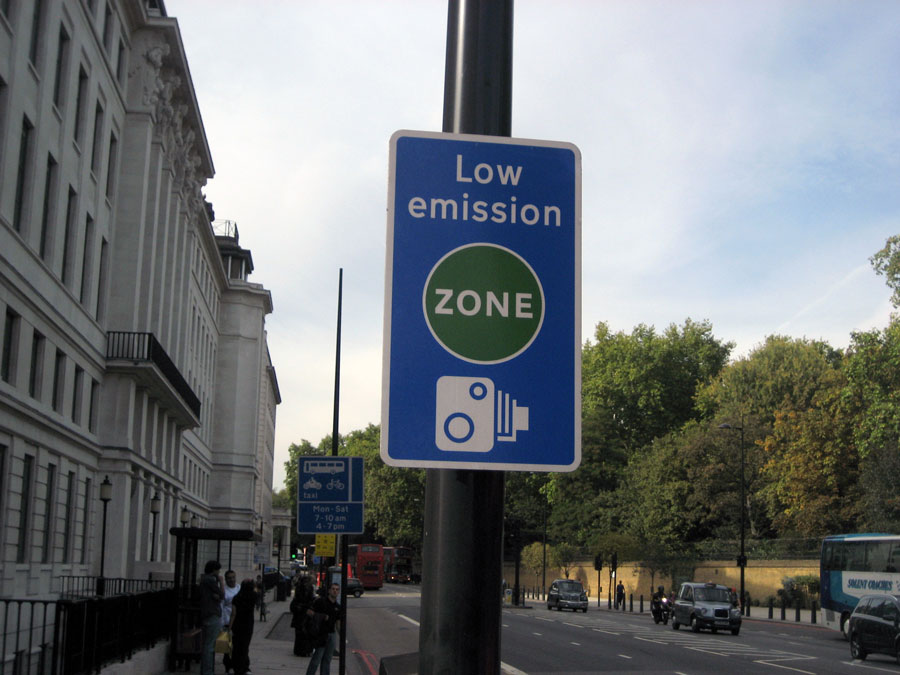Strategy 4 Transition vehicle fleets to zero-emissions technology where technology allows.
Transportation emissions account for 24% of the greenhouse gas emissions in the city.1 Nationally, light-duty vehicles, which includes passenger cars and light-duty trucks, account for 59% of greenhouse gas emissions from the transportation sector, while medium- and heavy-duty trucks account for 23%.2
Working to mitigate the impact of freight-related greenhouse gas emissions, including freight delivered via small vehicles is an important part of reaching our climate goals. Evaluating and working to make bicycles, delivery trikes and other small electric vehicles more attractive for deliveries is part of the work to lower greenhouse gas emissions coming from freight.
The current idling policy under Title 3 of the Minneapolis Code of Ordinances, Air Pollution and Environmental Protection, sets limits for idling in loading and unloading zones, exceptions to those limits, and associated penalties. Ensuring compliance with the policies we have in place is critical to minimizing air pollution and protecting air quality.
- City of Minneapolis Greenhouse Gas emissions data, Office of Sustainability
- EPA Office of Transportation and Air Quality.
Actions to transition vehicle fleets to zero-emissions technology where technology allows.
Freight 4.1
Identify locations along the Truck Route Network to install electric charging stations.
Supported goals:
Climate Mobility
Related actions:
Difficulty:
Low
Timeframe:
2024-2027 (Years 4-7)
Freight 4.2
Evaluate the establishment of a Low Emission Zone(s) which would only allow trucks that meet certain emissions standards to enter.
Supported goals:
Climate Equity
Related actions:
Difficulty:
High
Timeframe:
2024-2027 (Years 4-7)
Freight 4.3
Evaluate the City’s idling policy for commercial vehicles (ordinance 58.30) to reduce the current idling duration.
Supported goals:
Climate Equity
Related actions:
Difficulty:
Medium
Timeframe:
2020-2023 (Years 0-3)
Freight 4.4
Facilitate and expand bicycle, courier, and small truck deliveries.
Supported goals:
Climate Prosperity
Related actions:
Difficulty:
Low
Timeframe:
2024-2027 (Years 4-7)
See also actions:
- Technology 6
Develop and incentivize electric vehicle charging stations

